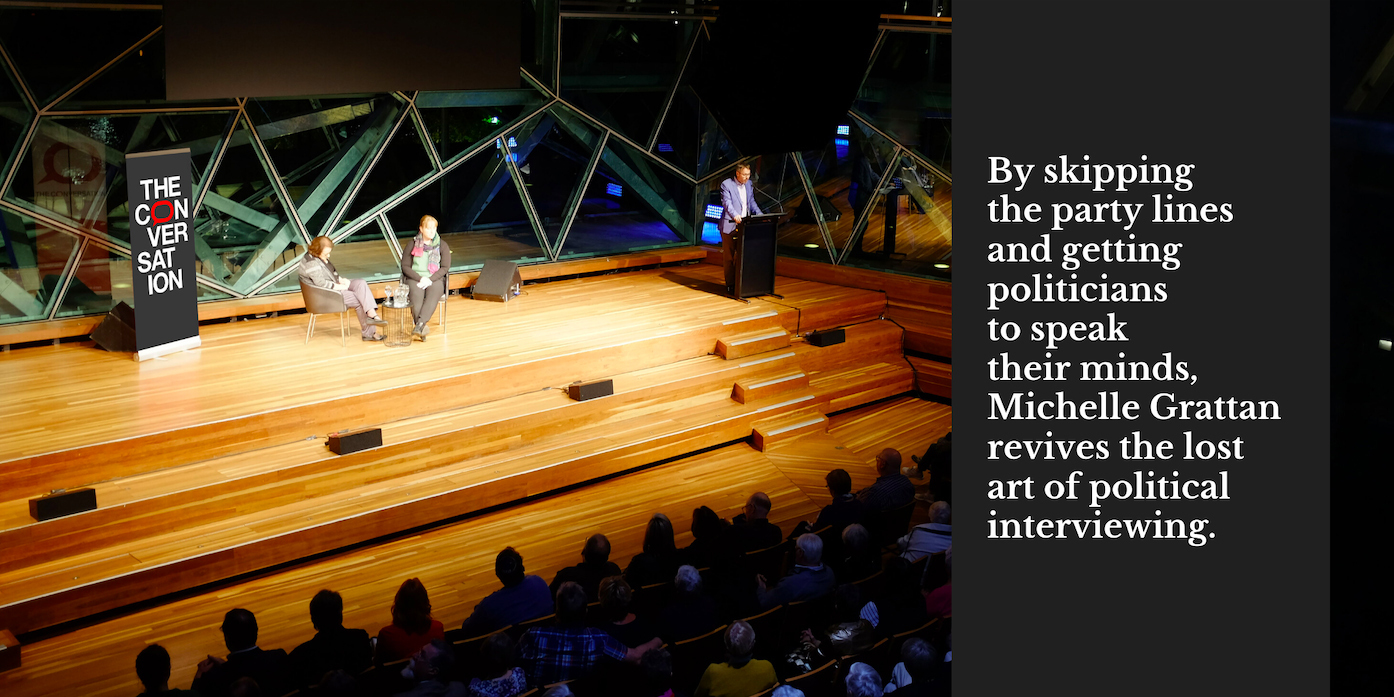Episodes

Friday Jun 17, 2022
Tony Wood on the unprecedented energy crisis
Friday Jun 17, 2022
Friday Jun 17, 2022
As the energy crisis continues to grip Australia’s east coast with consumers told to limit their consumption and warnings of blackouts Tony Wood, director of the energy program at the Grattan Institute, speaks with Michelle Grattan about why this has happened and what can be done to fix the system.
The crisis is unprecedented, Wood says. “We’ve certainly seen situations where things have got very tight[…] But this sort of extended period when we’ve had major power outages and real stress on the entire system for such a long time has never been seen before.”
He says the crisis could have been minimised if past governments had worked to “address climate change” and “bring on more renewables” as well as all the technology to support a renewables industry.
That being said, Wood points out there are other factors also driving the crisis.
“We still would have had the weather patterns we had in the south, on the east coast of Australia, that caused all the rain and caused all the flooding of the coal mines that interrupted power supply. And of course, we wouldn’t have prevented the Ukraine war and we probably would have had real stress on the gas supply system.”
Wood argues that “things became very complicated very quickly”, as the crisis developed.
On whether the crisis is in part a result of power companies playing the system, he says: “I don’t honestly think the companies were trying to game the system, but I think the commercial arrangements were so complicated [that the Australian Energy Market Operator taking over the system] was the only solution.”
Some have suggested the crisis has been worsened because many assets have been privatised. Wood disagrees. “I don’t think this is a fundamental failure of privatisation […] I do think it’s a fundamental physical problem and government ownership wouldn’t have made much difference.”
“Transitions are always difficult things […] I think we can see where we’re going. It’s got to be a system which is overwhelmingly dominated by renewable energy.”
“In the short term, we are going to manage this transition carefully, which means as we adopt more and more renewables, we’re going to need some of these coal-fired power stations and gas-fired power stations to maintain the stability and the reliability of the system. They should only be there as necessary to support that transition.”
“I have no doubt we can move to net zero by 2050. But remember, it will be net zero. It won’t be absolute zero. And of course, the sooner we start really seriously creating momentum in that direction, the more likely we are to get there and the more likely it is we’ll get there without too much cost.”


Comments (0)
To leave or reply to comments, please download free Podbean or
No Comments
To leave or reply to comments,
please download free Podbean App.